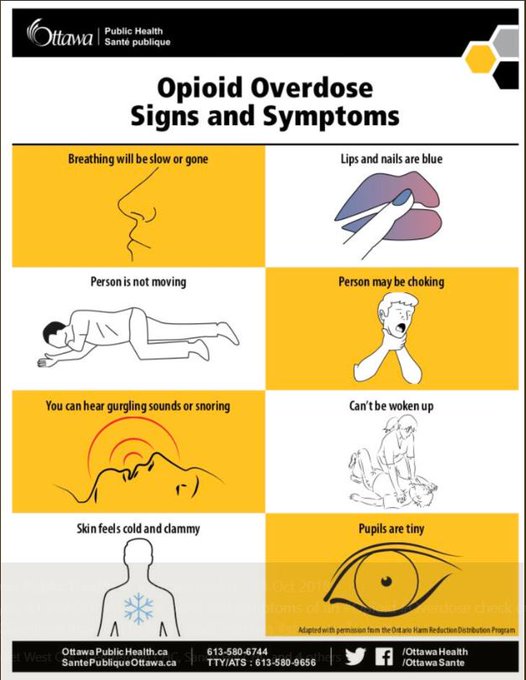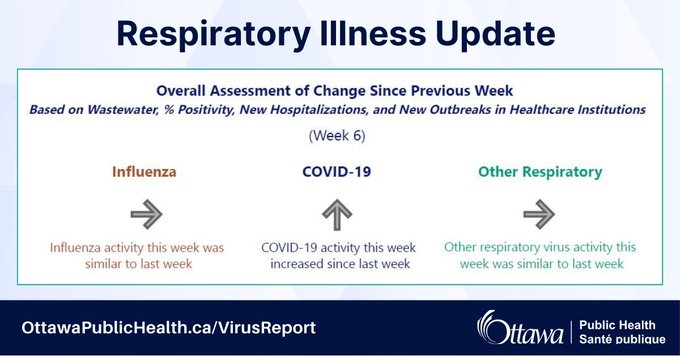Rabies Prevention in Ottawa
Ottawa Public Health (OPH), like every other health unit in Ontario, conducts rabies exposure investigations whenever an animal interacts with a person in such a way as to potentially expose them to Rabies. This is required by regulation under the Health Protection and Promotion Act, (Ontario Regulation 557). As, well, the provincial Rabies Protocol directs Boards of Health to receive and respond to all reported cases of potential rabies exposures on a 24/7 basis. This legal framework is designed to prevent rabies in humans by ensuring prompt exposure investigation.
Recent surveillance indicates that Ottawa and surrounding areas do not currently have terrestrial animals with rabies (only mammals carry rabies). There have, however, been confirmed cases of rabid bats. In 2022, two bats tested positive for rabies and the people exposed received appropriate and timely treatment, including rabies vaccination, to ensure that they did not acquire rabies. Since untreated rabies is almost universally fatal, OPH conducts a thorough rabies investigation for every animal exposure where there may be saliva transferred from the animal into a human’s blood stream as through a bite or scratch.
Human rabies cases in Canada are very rare, thanks to excellent prevention and control programs. Since reporting began in 1924, 25 people have died from rabies (7 cases in Ontario with the most recent being 2012 from an exposure outside the country). Prevention efforts are significant in that rabies in wild terrestrial animals and bats is endemic in Canada. The World Health Organization estimates that about 60,000 deaths occur from rabies annually (99% from domestic dogs that are unvaccinated and 40% of cases are children under 15 years of age.
Every animal bite to a human where the skin has been broken is investigated for potential rabies transmission. These investigations can take between one hour to several days to complete, depending on the circumstances that led to the exposure. Each case is risk assessed to determine whether rabies vaccination may be required. If the animal is available for observation by a public health inspector, such as in the case of an owned dog, vaccination may not be required. In these cases, the animal can be observed for a ten-day period after the exposure (once shortly after the exposure and again at the end of ten days). If the animal is alive and well at the end of the observation period, it is not a rabies risk as it would have shown symptoms of rabies or died within this time frame had it been infected with rabies. When the animal is not available for observation, OPH may recommend that the person exposed receive rabies post-exposure prophylaxis - RPEP (rabies vaccine and immune globulin). OPH works closely with the client and their health care provider, clinic or hospital to ensure that they receive RPEP within the strict timelines required to ensure the client does not acquire rabies from their exposure.
Below is a graph depicting the number of rabies calls received by OPH that required a risk assessment and follow-up.

OPH has seen an increase in domestic animal bites since the beginning of the pandemic. One factor that may have contributed to this increase could be due to the “Pandemic Pets” phenomenon where individuals sought animal companionship during periods when restrictions limited other types of social interactions, resulting in an overall increase in pet ownership in Ottawa.
With ongoing education to residents through OPH’s website, by making certain that our professional partners know their duty to report potential exposures (we provide an annual “duty to report” letter to Health Care Providers, Police, Paramedics, Bylaw), and other social media efforts, OPH hopes to reduce the risk of potential rabies exposures both at home and while travelling.
One very important aspect of preventing rabies is up-to-date vaccination of pets. However, there can be barriers for some pet owners due to financial challenges. OPH is hoping to be able to partner with local veterinarians and other City partners to be able to provide low-cost rabies vaccination clinics in the near future.
We can all do our part to take a bite out of rabies.
For more information visit our webpage – Rabies - Ottawa Public Health.



